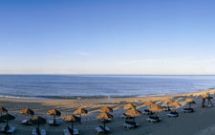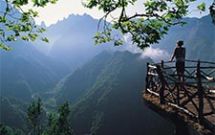Azores
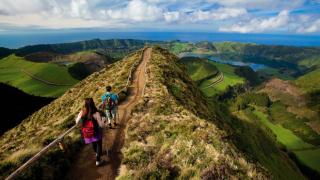
Mother Nature has created a land full of natural beauty, ready to be explored, in the blue immensity of the Atlantic Ocean: the Azores.
To the East, on the island of Santa Maria, the beaches of warm white sand are inviting, and the vineyards covering the slopes like an amphitheatre resemble giant staircases. São Miguel, the largest island, is seductive with its Sete Cidades and Fogo Lagoons. The power that emanates from the earth is felt in the geysers, hot thermal waters and volcanic lakes, as well as in the tasty "Cozido das Furnas" slowly cooked inside the earth.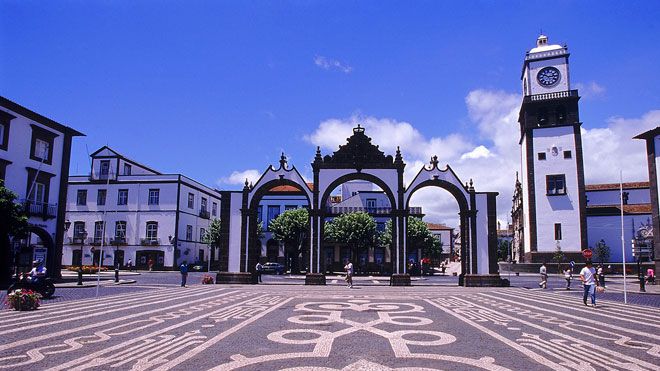
Photo: Ponta Delgada, Açores
In the Central Group, the islands of Terceira, São Jorge, Pico, Faial and Graciosa are set harmoniously in the deep blue sea, where whales and dolphins can be spotted, to the delight of visitors. On Terceira, the World Heritage town of Angra do Heroísmo, as well as its festivals, is steeped in history. Faial is the cool blue of the hydrangeas, the marina painted colourfully by yachtsmen from all over the world and the extinct Capelinhos volcano, which resembles a lunar landscape. In front is Pico, a mountain that emerges from the sea, with vineyards planted in black lava fields, a unique culture that also has World Heritage status. On São Jorge, the highlights are the Fajãs and the cheese, a unique specialty with an unmistakable flavour. Graciosa, graceful in both name and appearance, is an island of green fields covered with vineyards that contrast with its peculiar windmills.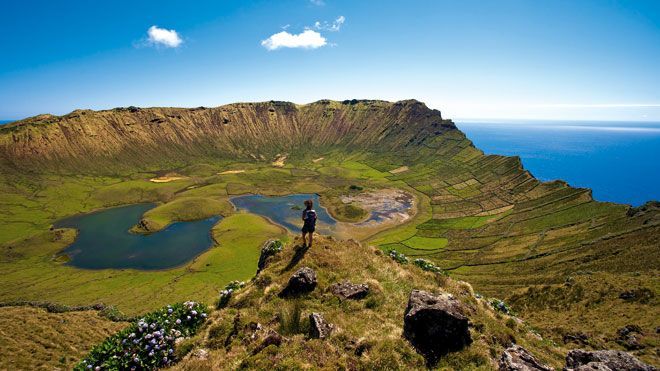
Photo: Ilha do Corvo, Açores
In the Western group, on the island of Flores, the beauty of the natural waterfalls and lakes carved out by volcanoes is dazzling. The tiny island of Corvo has a broad, beautiful crater at its centre, and attracts many species of birds coming from both Europe and America.
These are the Azores. Nine islands, nine small worlds that have as many similarities as differences, but where the friendliness of their inhabitants is shared by all.
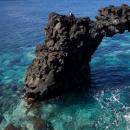
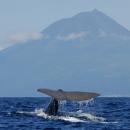
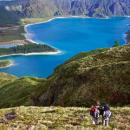
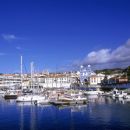




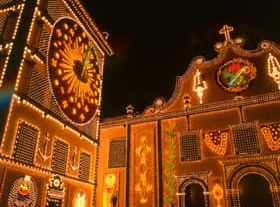
 Explore
Explore 
 Remember and Share
Remember and Share 

